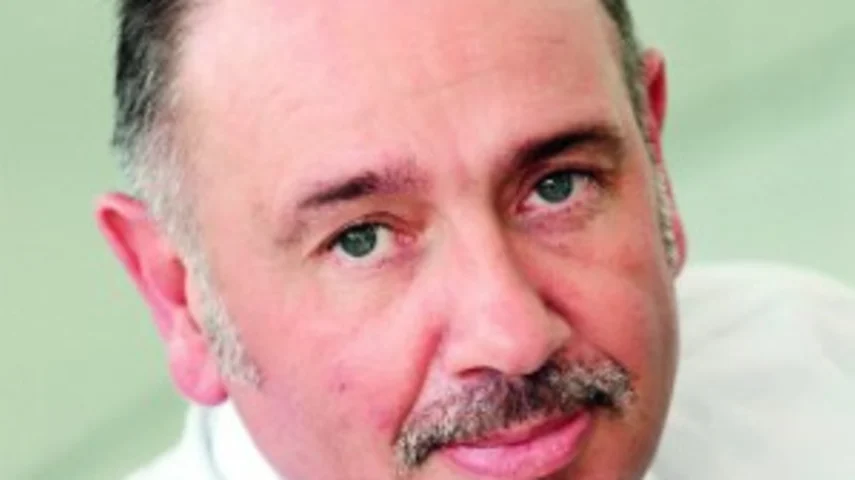Damned if they did, damned if they didn’t



Mike Taylor writes that, for the AFA, the whole life/risk reform process was a case of damned if you do and damned if you don’t.
When Association of Financial Advisers (AFA) chief executive, Brad Fox, described the past eight months as having been "difficult" for his organisation he was guilty of significant understatement.
In fact, the entire process which gave rise to the Trowbridge Report and yesterday's announcement of the Life Insurance Framework (LIF) saw the scales heavily weighted against a significant part of the AFA's traditional constituency — life/risk advisers.
The hard facts of life for Fox and the AFA were that the organisation was going to be damned if entered into the Life Insurance and Advice Working Group process which preceded the Trowbridge Report and it was damned if it didn't.
As Fox said in his formal statement on the LIF: "The AFA was acutely aware that without adviser representation, the insurers could skew the agenda to dealing with their own profitability concerns without challenge".
The AFA CEO might have added that two successive Governments - Labor and Coalition - had seen fit to pursue the changes suggesting they were unavoidable.
The LIF arrangements released tis week are, by Fox's description, challenging but workable but he was right to suggest that the exercise should never have been entirely focused on adviser remuneration because the issue was always so much more complicated than remuneration alone.
And that is why the Financial Services Council owes it to the AFA, in particular, to ensure that its constituents — the major insurers — deliver on their commitment to assist and support advisers through the three-year transition period.
It is also why the insurers need to deliver changes in terms of product design and practice. The insurers must not only pull their weight but be seen to pull their weight.
This much seemed to have been recognised by AIA Australia chief executive, Damien Mu who said his the insurers would need to "work closely together on issues like product design, structure, process and systems".
He said he believed that "a partnership approach, now more than ever, will be paramount to achieve a successful and sustainable outcome".
Equally, TAL chief executive, Brett Clarke acknowledged that the "recommendations involve substantial changes for many financial advice businesses and we will support them through this transition.
With or without the insurers pulling their weight, the focus on adviser remuneration means that there will undoubtedly be exits from the industry and many of those exits will occur early in the three-year transition process.
As Fox has noted, "Business models will change. Efficiencies will have to be found".
Equity dictates that the insurers should accept their responsibility, and also accept the pain of change.
Recommended for you
In this episode of Relative Return Insider, host Keith Ford and AMP deputy chief economist Diana Mousina break down the spike in inflation numbers and what it means for the possibility of a rate cut as we move into the new year.
In this episode of Relative Return Insider, host Keith Ford and AMP economist My Bui explore Prime Minister Anthony Albanese’s trip to the US and the critical minerals deal stemming from his meeting with President Donald Trump.
In this episode of Relative Return Insider, host Keith Ford and AMP chief economist Shane Oliver unpack the latest unemployment numbers and what they mean for a rate cut, as well as how the latest flare-up in the ongoing US–China trade dispute has highlighted the remaining disparity between gold and bitcoin.
In this episode of Relative Return Insider, host Keith Ford and AMP chief economist Shane Oliver take a look at the unfolding impacts and potential economic ramifications of the US government shutdown and the surge in gold and bitcoin prices.







